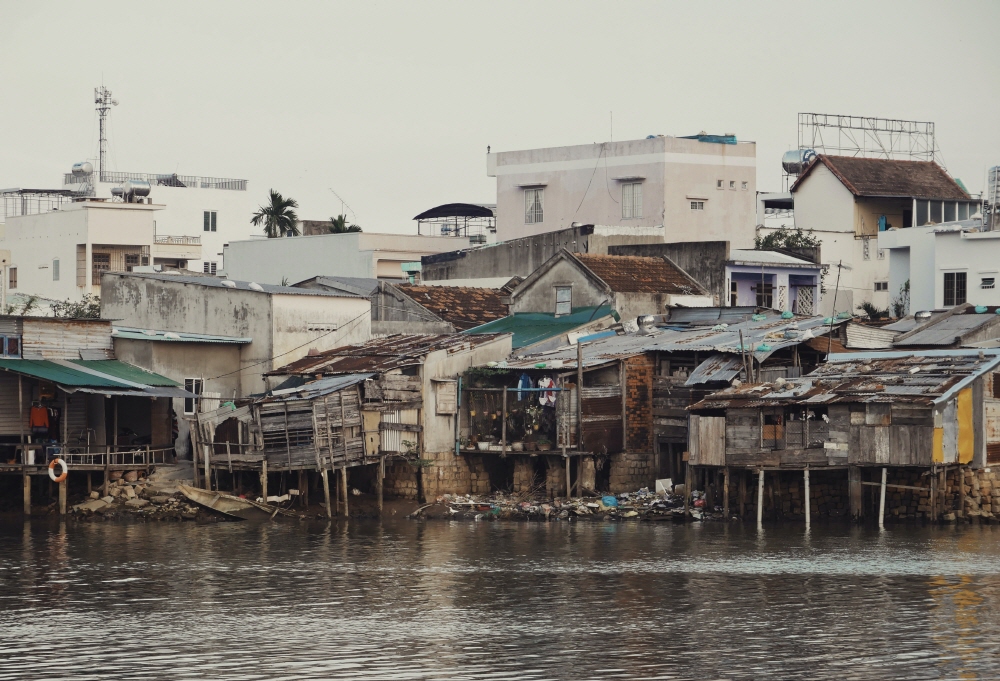
It is usually considered that living a wealthy life consumes a lot of energy and points to wealth as the biggest factor in climate change. However, according to a research team in Earth and Environmental Sciences at the University of Leeds in the UK, people in developing countries living in extreme poverty consume more energy than wealthy people living in the same country.
The researchers eventually point out that a common strategy to end extreme poverty is to grow the economic pie. In other words, society as a whole can produce more goods and services and create a booming state where consumers can consume them, saving poor households. In reality, however, inequality exists between those who can benefit from the boom and those who cannot, and that people in extreme poverty are often unable to benefit.
The research team also argues that the poverty problem does not necessarily mean that the amount of money used per day falls below a certain amount, but that it is the inability to access sanitation, education, and health-related goods and services. It is said that 1.2 billion people worldwide do not have access to sanitary water, 3 billion cannot use clean fuels for cooking and cook indoors using polluting fuels. Of course, it is pointed out that income is an important predictor of many of the poverty conditions faced by the poor, but not the only predictor.
The research team conducted a survey of households in Nepal, Vietnam and Zambia in developing countries. A study was conducted to analyze the relationship between income-independent measures of poverty and energy consumption. The researchers conducted a survey of access to safe water, diet, health, education and clean fuels to gauge the living situation of each generation. They also calculated energy use per household by conducting a survey covering the International Energy Agency IEA data, data from several regional international trades, and various spending and living conditions. The energy footprint includes electricity used directly in the home, firewood for cooking, gasoline used to drive vehicles, and energy consumed by households for goods and services.
Analysis of this data found that households with access to things like clean fuels, safe water, basic education and sufficient food consume only half the national average of Nepal, Vietnam and Zambia. The findings are important, the researchers say, because they run counter to the argument that people need more resources and more energy to escape extreme poverty.
The biggest factor in increasing energy consumption in households in extreme poverty was that fuels such as electricity and gas were more efficient and less polluted than conventional cooking fuels such as firewood and charcoal. In Zambia, Nepal and Vietnam, modern energy resources are being distributed unfairly, and the consumption of energy by poor households has increased due to activities such as cooking with inefficient fuel and boiling unsanitary water before drinking.
The researchers pointed out that households without access to electricity and basic sanitation do not meet their basic needs, even if they can afford it. Ironically, he points out that many generations do not meet clean cooking fuels. Ironically, for many generations, obtaining a cell phone is simpler than obtaining clean cooking fuel, and thus measuring progress using household income provides an insufficient understanding of poverty or its deprivation.
The results of this study argue that it is important to provide services such as electricity, indoor sanitation and public transportation to reduce energy consumption of people living in extreme poverty in developing countries, and to reduce inequality caused by poverty. Related information can be found here.


















Add comment